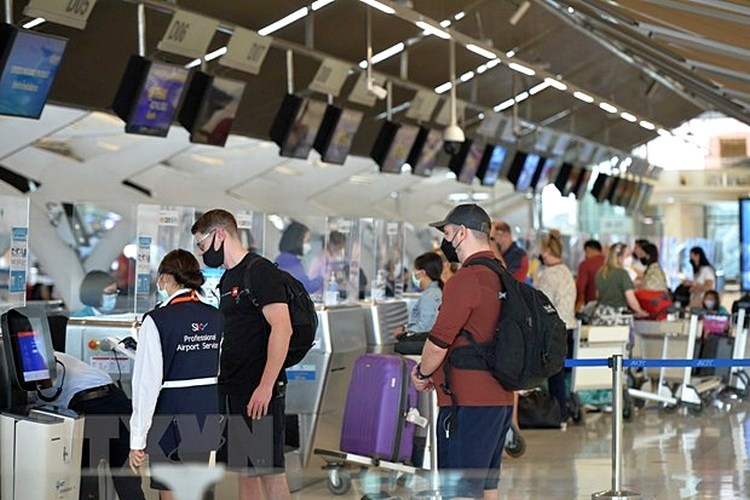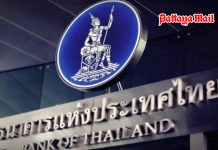
In a separate move, a pilot scheme in Bangkok is allowing e-extensions of some expat visas with document submission and payment of fees through an exclusive website. Police general Damrongsak Kittiprapas said 200,000 expats annually seek to extend their visas for many reasons, including work and family ties, and can now file online. He believed that, following the pilot, the service would be made available nationwide. However, some visas (notably retirement extensions of stay) could not be included as there were many local variations on required documentation, whilst some newer visas such as Smart and the 10-year Long Term Residence required close liaison with the Board of Investment.
Meanwhile, most local immigration offices have introduced online registration of addresses for both the expat 90 days report and the “housemaster” registration of the address of new arrivals via the TM30 form. Whilst there have been reports of the websites not working properly or declining to translate into English, the immigration bureau claims the online services are now much better. In a move to curtail waiting time on entry to Thailand, customs forms and address cards have been abolished for a trial period at airports but not at land or sea entry points. All former requirements to show proof of anti-Covid vaccinations or freedom from disease have been cancelled for all but a handful of countries.
However, the speedup in rules and regulations is being accompanied by a tightening of visa rules to prevent foreign criminals from establishing illegal businesses in the country. Police general Pakpoompipat Sajjapan referred to the ongoing scandal about Chinese nationals allegedly paying bribes for visa extensions, especially for “adult study” or “medical issues”. For the moment, new applications for student visas are being denied for nationals of any country whilst a working party devises a scheme to require regular reports on an individual’s academic progress, especially fluency in the Thai language. Some visa observers believe that a totally integrated online system of visas and extensions would reduce corrupt practices to a minimum. Others aren’t so sure.
 |
 |
 |





